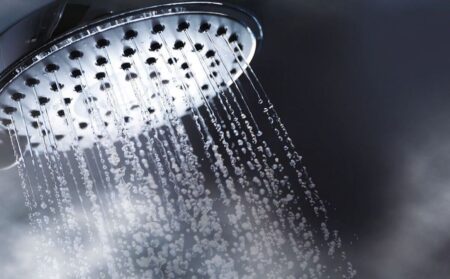1 AUGUST is when everyone starts paying through their nose for power.
Usage charges are going up by a quarter or thereabouts.
Even people who meet all their energy needs through solar panels are hit, with the fixed daily supply charge also increasing by around 25 per cent.
It always pays to be on the lookout for a good energy saving tip, but now especially so.
The problem is, if you follow up all the suggestions, you may find it not only overwhelming and confusing, it can seem like the best way to save energy and money is to cook dinner early and spend the rest of the night shivering in the dark.
However, here’s a workable tip one CPSA member sent in.
Turn off your water heater and only put it on when you need it.
After waking up in the morning, this member flicks the water heater on while having breakfast and turns it off after about half an hour and has a shower. At night there’s enough hot water left for doing the dishes.
In most households a water heater is the biggest energy using appliance, making up for about a third of total energy use.
With electricity bills averaging $1,645 a year, reducing power usage for hot water can be a very simple and effective way of saving money.
You’ll have to check how big the tank is on your hot water system to work out a switching-off routine that works for you.
Assuming you have a shower of 3 minutes maximum, you’ll use around 20 litres of hot water. The only two other regular uses of hot water for most people would be to do the dishes and their laundry. The dishes would use about five litres. A front loader washing machine uses about 20 litres of hot water if you use a cold rinse and no hot water at all if you wash in cold water, which is just as effective.
As long as your tank is big enough and insulated properly, after heating it up in the morning your hot water should last you all day, maybe even two!
Most modern hot water tanks come with good insulation and older models can easily be upgraded with water heater jackets and pipe lagging from a hardware store.
And if you do run out of hot water, all you need to do is flick the heater on for half an hour or so for it to warm up again and you’re good for at least another day.
To prevent contamination with the legionella bacterium, which can cause legionnaires’ disease, heat your tank at least every second day. If you switch off your water tank for a longer absence from home, heat water for at least half an hour before use. Also, flush all your taps and shower outlets for at least 15 seconds.
Why not sign up to our free weekly newsletter? Or drop us a line and tell us your thoughts!
